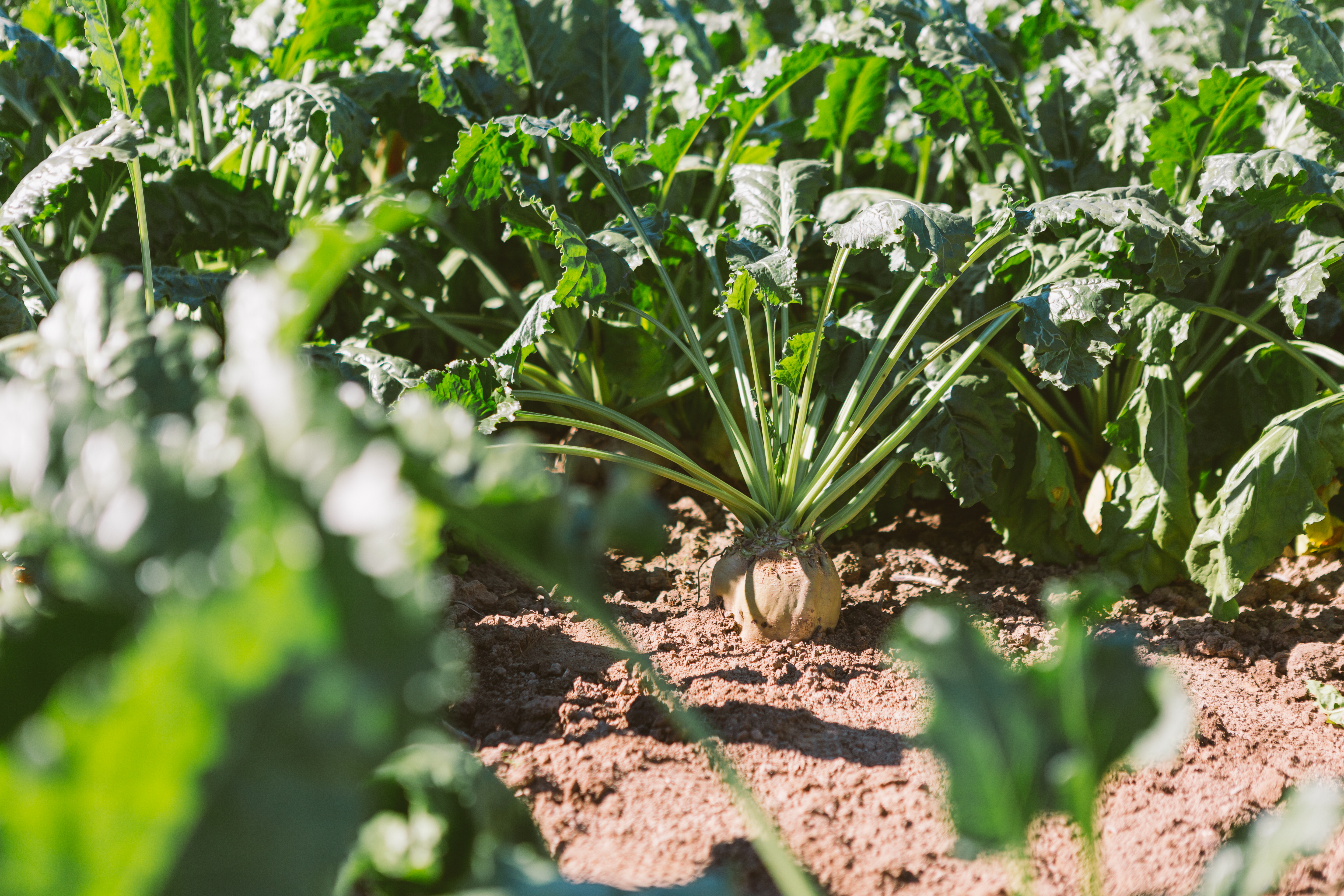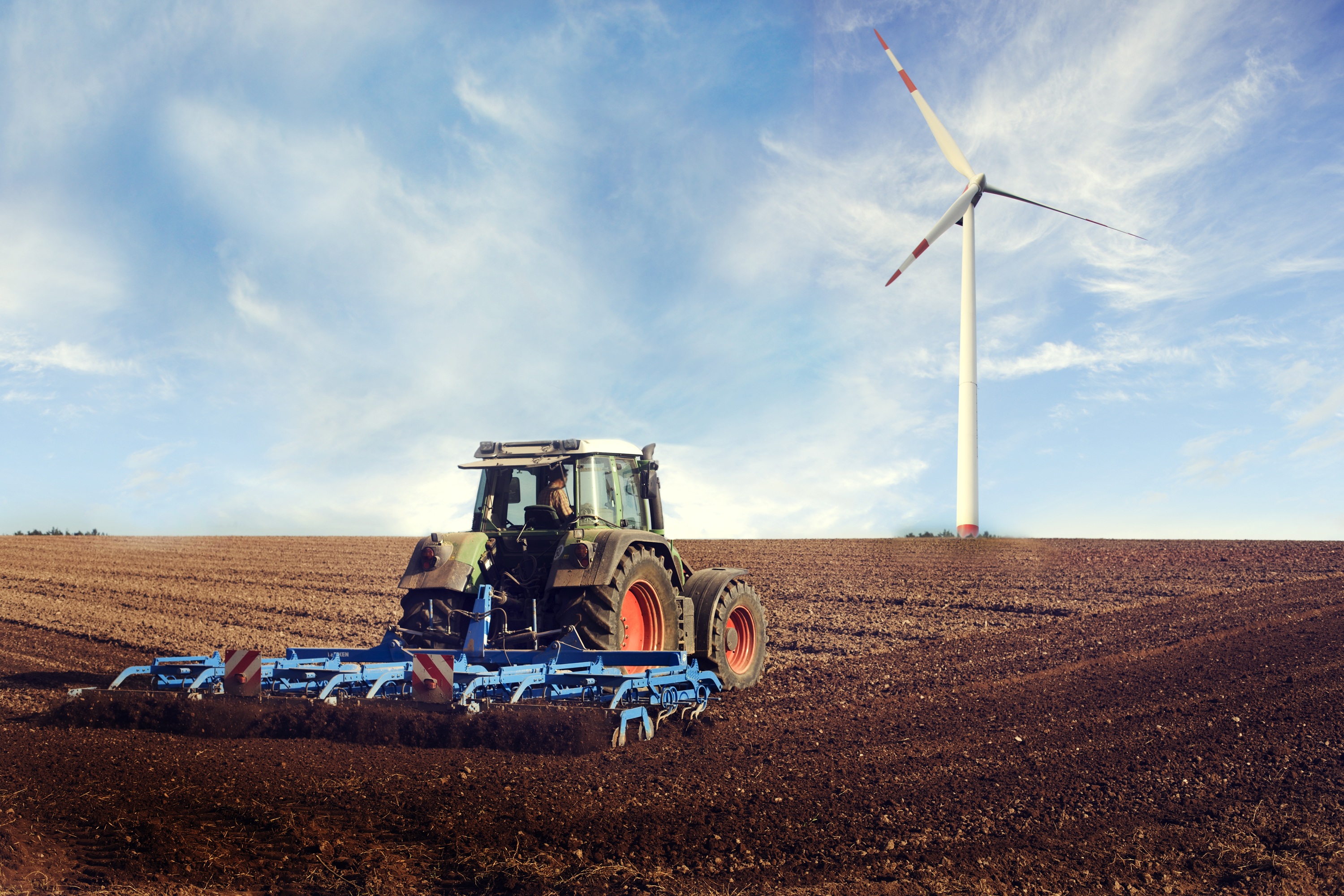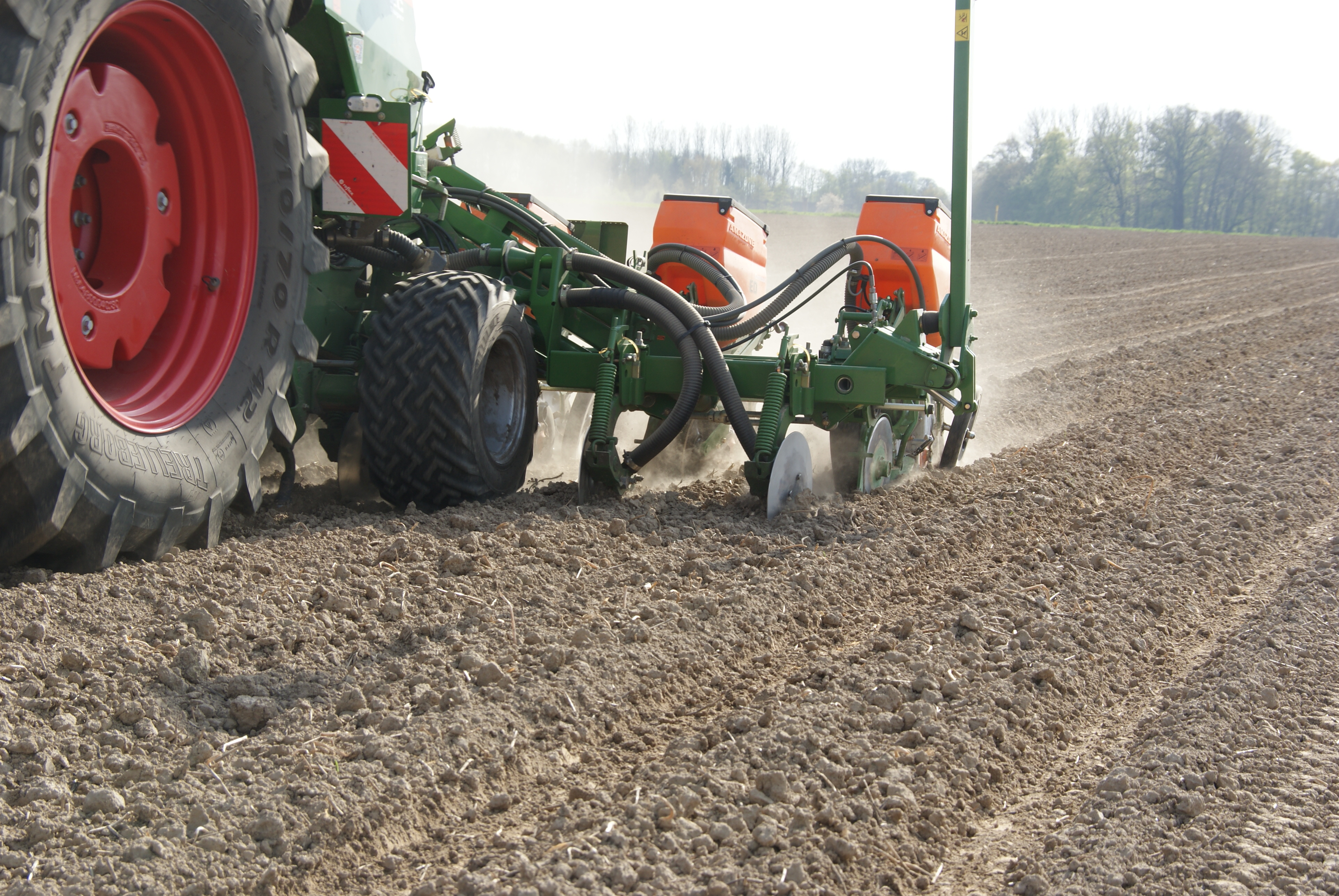When growing sugarbeets, you should carry out site-adapted basic soil cultivation.
When growing sugarbeet, you should carry out site-adapted basic soil cultivation. With basic soil cultivation you create the prerequisite for a good, smooth, load-bearing seedbed.
What you should definitely keep in mind in soil tillage for sugarbeets:
Basically, regardless which soil tillage methods you use, once a year you should loosen the soil to the depth of the topsoil to allow good root formation for the sugarbeets.
In addition, you should perform the tillage under optimal conditions to avoid soil compaction. The sugarbeet reacts to compacted soil structures and matted straw with legginess, i.e., it does not form a taproot, but forms several lateral roots, leading to yield losses.
Soil tillage methods for sugarbeets
Seedbed preparation
Do you want maximum yields? Then pay attention to optimal seedbed preparation!
Optimal seedbed preparation offers the basic prerequisite for high field emergence and maximum yields.
Goal:
- a smooth, uniform, fine-crumb, loose, soft, resilient seedbed
In addition, the seedbed should fulfil the following criteria:
- Aeration of the soil in the spring for better and faster heating
- Ensuring capillary water connection with the subsoil
- Fine-crumb structure at seed depth (top 2–3 cm), so seed grains will be surrounded by fine soil
- Covering the demand for water of germination
- Medium- to large-crumb structure at the soil surface
- Evaporation protection
- Prevention of siltation
- Improvement of water infiltration
Years of comparing yields with different soil tillage methods
Mulch sowing in particular has become established in beet-growing in recent decades and has replaced the standard plough lines. Reduction of wind and water erosion are especially important with this method.





